In addition to Weibo, there is also WeChat
Please pay attention

WeChat public account
AutoBeta


2024-11-22 Update From: AutoBeta autobeta NAV: AutoBeta > News >
Share
AutoBeta(AutoBeta.net)11/02 Report--
According to the latest report, Toyota, Honda, Mazda and Subaru sold a total of 342000 new cars in the United States in October, up 14 percent from a year earlier. Subdivided into the major car companies, only Honda showed a downward trend in October, while the other three showed year-on-year growth. Honda's US sales rose 16 per cent year-on-year to 81000 in October, the only decline among the four companies; Toyota rose 28 per cent year-on-year to 187000 vehicles; Subaru grew 32 per cent and Mazda grew 30 per cent.
In terms of sales performance, the overall sales of Japanese car companies in the United States have increased, and the shortage of semiconductors, which has affected production, is improving. However, looking back at the performance of Japanese car companies in the Japanese local market, the current supply disruption of spare parts still affects their production planning.
Nissan said on its website on Nov. 2 that it would suspend orders for SAKURA and X-TRAIL models because of a shortage of spare parts and a shortage of models. The day before, Nissan also said that due to the shortage of semiconductors and other components, the spread of the COVID-19 epidemic, and stagnant logistics, Nissan minimized the impact on customers by adjusting vehicle production and implementing necessary measures, including spare parts. Delivery takes time. Nissan stressed that even if an order has been placed to the customer, the scheduled delivery date may change.

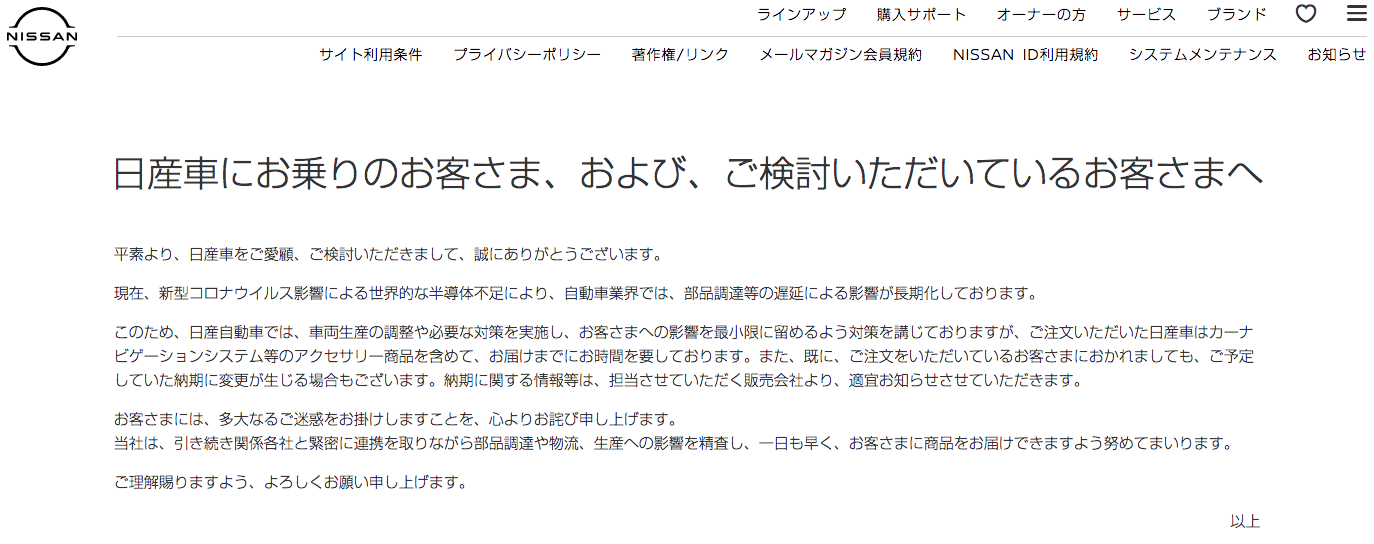
In fact, in September, also affected by global supply chain tensions, Nissan announced that it would suspend orders for its main pure electric model, the Leaf, from September 22nd. At the same time, Nissan said it would adjust the price of Nissan's LEAF due to soaring global raw material and logistics costs.
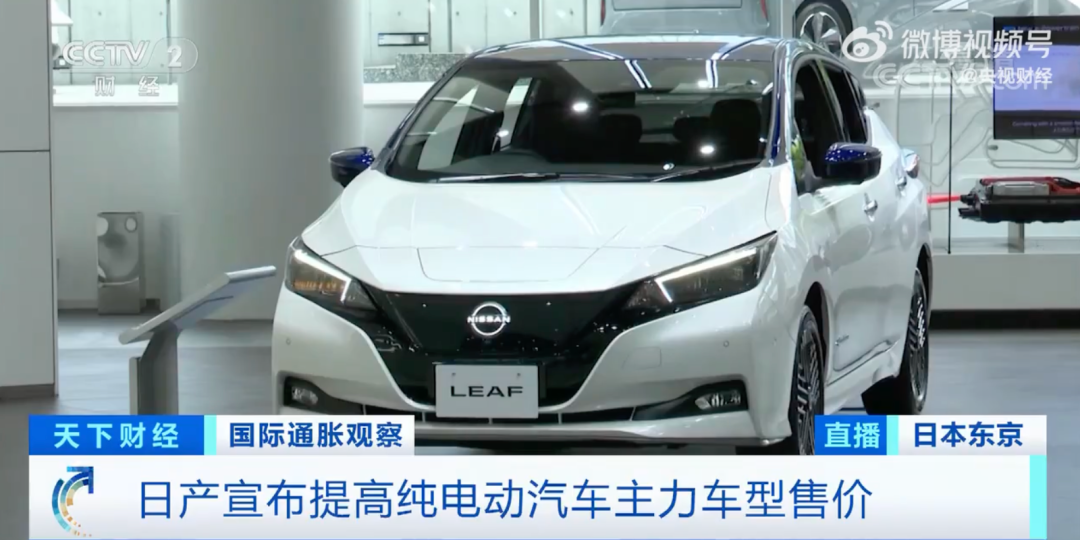
In addition to Nissan, also because of a shortage of semiconductors and other parts, Toyota announced on October 27th that due to a shortage of chips and faster delivery of new cars, Toyota decided to temporarily replace smart keys with mechanical keys. In its announcement, Toyota said it would temporarily replace two intelligent digital keys (electronic keys and mechanical keys) with mechanical keys, and stressed: "this is a temporary measure aimed at delivering the car to customers as soon as possible." as for the second smart key (electronic key), it is planned to be handed over to the car owner as soon as it is ready. " The models involved include 14 Toyota models, including the Crown, Camry, bZ4X, RAV4 and Land Cruiser, and 9 Lexus models, including LS, ES, IS, LC (including convertibles), LX, NX, UX and UX300e. On November 1st, Toyota announced that in the current fiscal year (April 2022-March 2023), Toyota and Lexus production forecasts were cut by 500000 vehicles to 9.2 million vehicles, and sales forecasts were cut by 500000 vehicles to 9.4 million vehicles, taking into account risks such as semiconductor purchases.
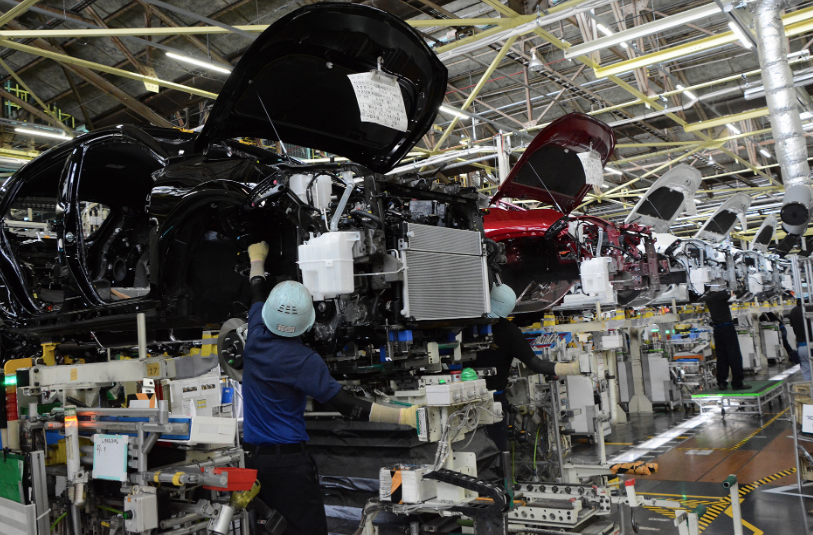
Honda announced on October 27th that its two production lines at its Suzuki plant in western Japan had cut production by about 20 per cent in October due to shortages of components such as semiconductors, the spread of the COVID-19 epidemic and stagnant logistics. The Saitama plant north of Tokyo also cut production by about 40 per cent in October. Affected by this, Honda's production of a number of models, including Civic, Vezel SUV, Stepwgn minivans and so on, has been affected to varying degrees. Honda also said that customers who have placed orders may not be able to meet the originally announced delivery date, depending on the model, because of delays in parts reception and logistics caused by outbreaks and semiconductor shortages, as well as changes in production planning. In addition, the currently announced delivery date is the current delivery date forecast, and it may take longer for customers to order later than originally expected.
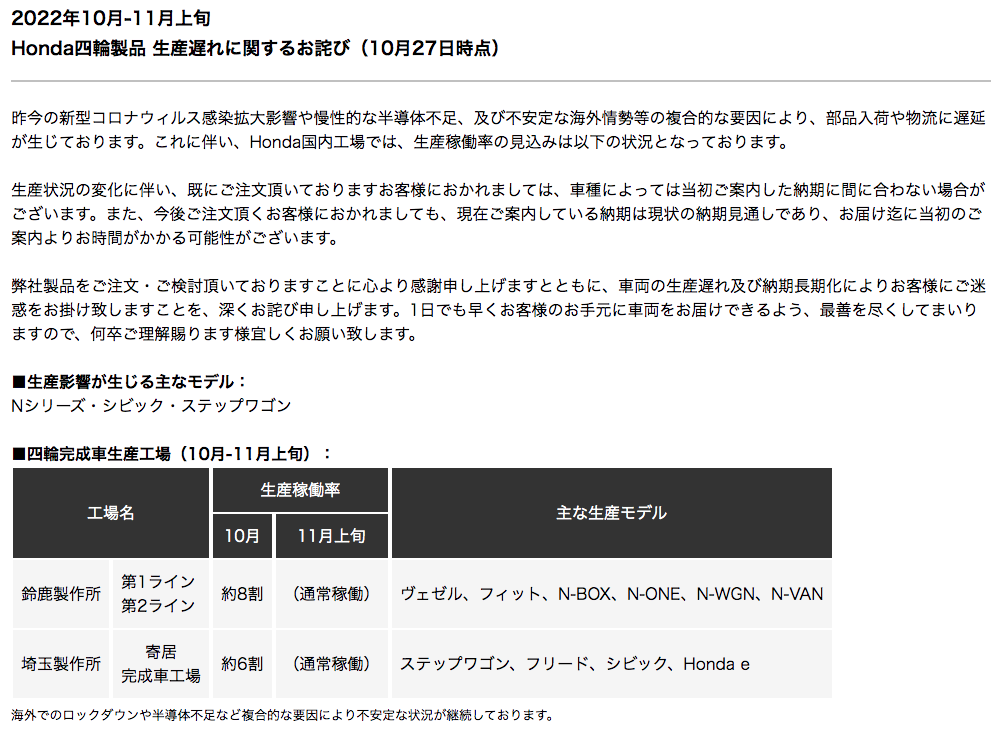
At present, the local market of Japanese car companies is still suffering from the epidemic, shortage of semiconductors and raw materials, and the state of low production capacity and sales has not been completely improved. Japanese carmakers produced 4.4816 million vehicles in the first half of the year, up 9.8 per cent from a year earlier, according to data. Honda fell 6.1% from a year earlier; Suzuki grew 25.9%; Mazda grew 8%; Mitsubishi grew 4.5%; and Nissan grew 1.6%. However, car companies said that the global shortage of semiconductors has not yet been solved, and it is not clear whether production can recover smoothly.
According to the latest data from auto industry data forecasting company AutoForecast Solutions (AFS), as of October 30, the global auto market has lost about 3.905 million vehicles due to chip shortage. The cumulative production reduction in the global auto market will climb to 4.2785 million by the end of this year, an increase of about 16200 over previous estimates. Among them, there was a total reduction of about 289000 vehicles in various regions of the world last week, of which Europe suffered a huge impact, reducing production by 249100 vehicles; production in North America will be reduced by 22200 vehicles; production in other parts of Asia will be reduced by 15200 vehicles China, on the other hand, eased somewhat, cutting production by only 2900 cars. AFS expects to cut global production by 3 million vehicles in 2023 due to lack of cores.
Welcome to subscribe to the WeChat public account "Automotive Industry Focus" to get the first-hand insider information on the automotive industry and talk about things in the automotive circle. Welcome to break the news! WeChat ID autoWechat
Views: 0
*The comments in the above article only represent the author's personal views and do not represent the views and positions of this website. If you have more insights, please feel free to contribute and share.





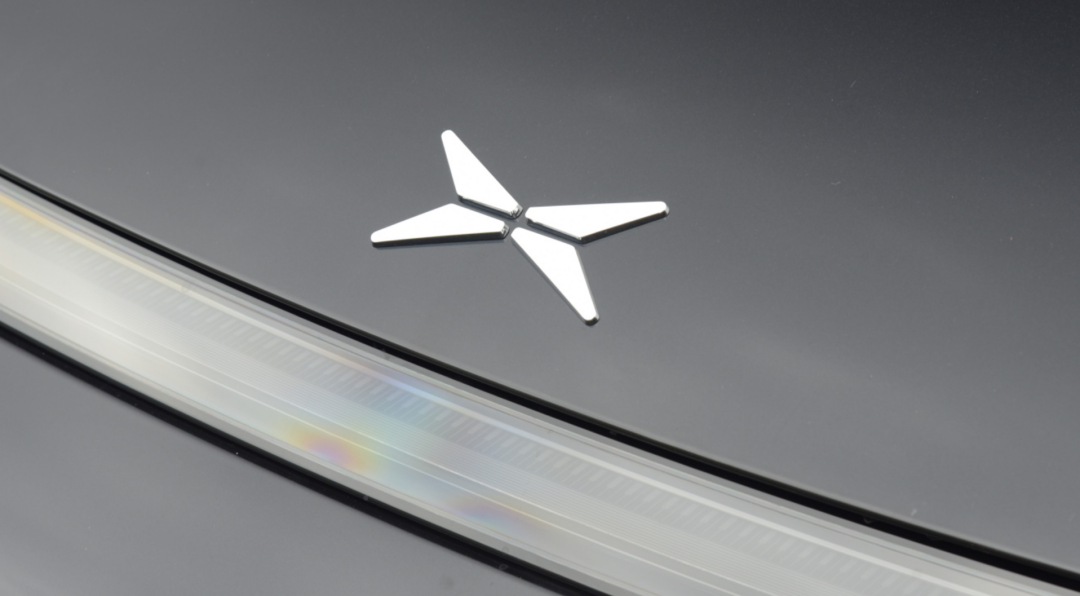





© 2024 AutoBeta.Net Tiger Media Company. All rights reserved.